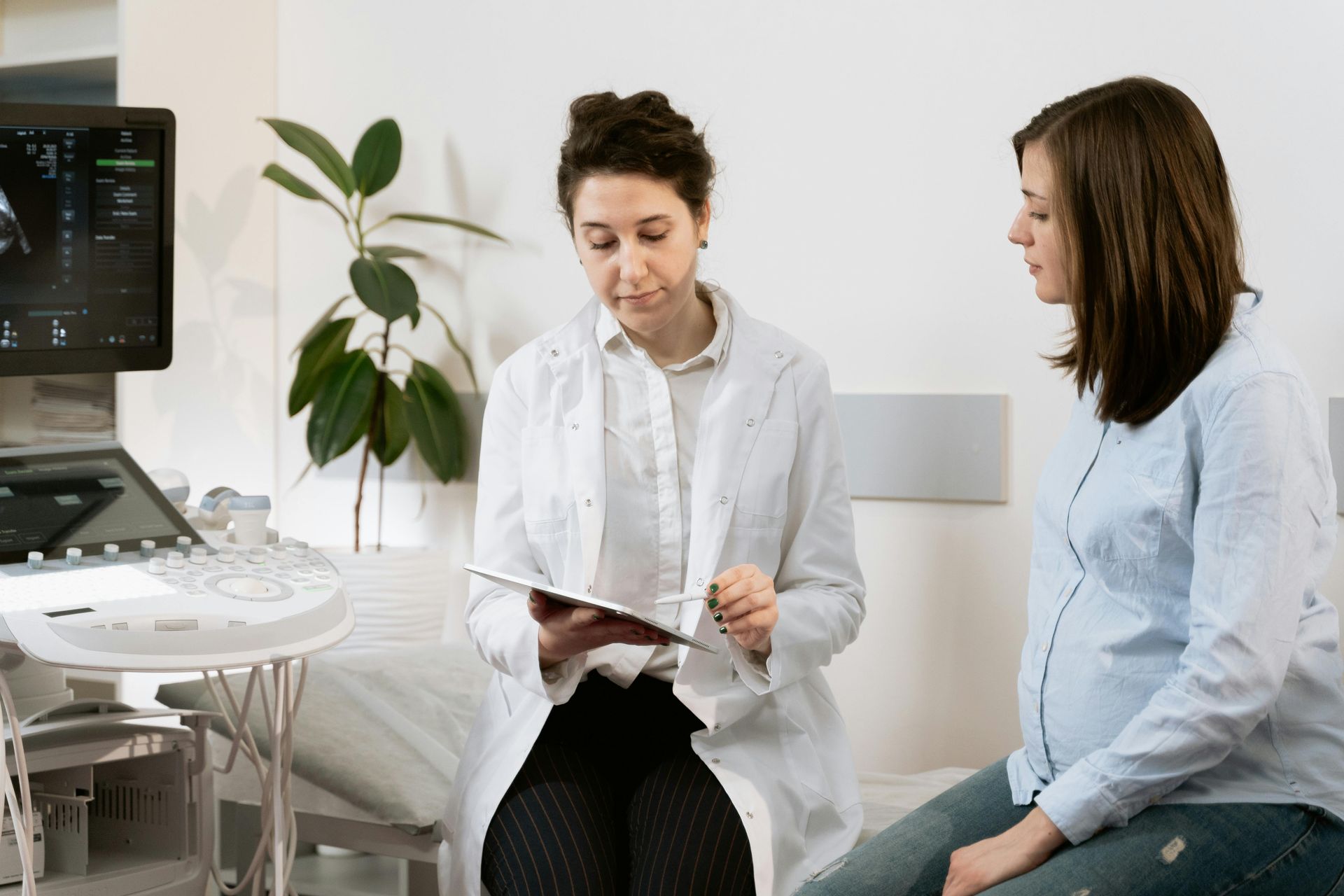What is a Sexually Transmitted Disease?
What is a Sexually Transmitted Disease?
If you’re sexually active, it’s important to know the facts about Sexually Transmitted Diseases (STDs). These diseases are spread through sexual contact with an infected person, and can cause serious health problems in both men and women if left untreated. There are many different types of STDs, and each type has its own unique symptoms, but one thing all STDs have in common is that they’re easily transmitted through skin-to-skin contact. If you’re sexually active, always use protection to minimize your risk of contracting an STD or passing one on to someone else.
An Overview of STDs
It’s important to understand that there are two main categories of STDs, Sexually Transmitted Infections (STIs) and Sexually Transmitted Diseases (STDs). An infection is any type of illness that you contract from someone else through sexual contact. It doesn’t necessarily mean that there has been a change in your condition, but it does require medical attention. An STD on the other hand, involves an altered state of health, whether it be positive or negative. The changes in health could affect you physically or emotionally; and when they’re caused by bacteria or viruses they can even change your DNA structure. Not all STIs are considered STDs.
The STD/STI Lifecycle
Every sexually transmitted disease and infection (STI) needs to get from point A to point B. What’s more, every STI needs an optimal environment in which it can grow best. For example, HIV needs to get inside of your T-cells (white blood cells) in order to replicate itself. HSV-1 prefers nerves while HPV likes keratinocytes—basically skin cells. Of course, these are just examples; every STI has its own unique lifecycle, but understanding how they operate can go a long way toward making you aware of prevention methods that work best for each specific STD or infection. The good news is that most STIs have short lifecycles, meaning once you’ve contracted one, there isn’t much time before it dies off on its own. This means if you take care of yourself properly and don't allow any potential infections to progress into full-blown diseases, then chances are good that you won't have any problems down the road. The bad news is that certain types of infections aren't as easy to cure as others and some may require lifelong treatment. It's important to talk with your doctor about what options might be available for your situation so that you can make sure everything goes smoothly during treatment.
STD Transmission Risks
Having sex with multiple partners exposes you to an increased risk of contracting STDs, which include everything from genital warts to herpes and HIV. That’s because STDs can spread through direct skin-to-skin contact (including oral, vaginal, and anal intercourse), bodily fluids (including semen, vaginal secretions, and blood), or shared sex toys. Other ways to catch an STD include sharing needles for injecting drugs; receiving or performing oral sex on a partner who has an STD. If you engage in any type of sexual activity that involves sharing body fluids—like oral or anal sex—or using anything but your own personal toy(s) for penetration during intercourse, then you are at risk for contracting an STD.
Getting Tested
Just because you don’t have symptoms doesn’t mean you can’t get or transmit STIs—many people who are infected never experience symptoms, and are unaware they have an infection. In other words, it’s important to test regularly!
The two main types of testing are antigen/antibody testing and nucleic acid testing (NAT). Antigen/antibody tests detect your body’s immune response to an infection by looking for antibodies your body has made against certain viruses. If you want to know whether or not you have been exposed, but not necessarily if you currently have an active infection, these tests may be helpful.
How To Prevent STDs
The only guaranteed way to avoid contracting an STD—or any other form of communicable disease—is to abstain from all sexual activity. However, if you’re sexually active, there are still many ways you can lower your risk of infection such as limiting your number of sexual partners, receiving vaccines for certain STD's, or using condoms. If you have more questions about specific infections, please consult ACPC Women's Clinic, your healthcare provider, or pharmacist for more information.
Common Types of STDs and Infections
The most common types of STDs are chlamydia, gonorrhea, trichomoniasis, syphilis and HIV. There are other common diseases that can be transmitted through sexual contact such as genital herpes, hepatitis B and HPV (human papillomavirus). Infections associated with unsafe sex include bacterial vaginosis and yeast infections. If you’re unsure what type of infection or STD you have, ACPC Women's Clinic offers no-cost Chlamydia and Gonorrhea testing. We can also refer you to a local community partner if your possible STD is beyond our scope. It is important to always practice safe sex by using a condom during intercourse and having regular STD tests; avoiding risky sexual activity altogether is always an option too.
Call Us to Schedule an Appointment
Among the most common STD's are Chlamydia and Gonorrhea. If you think you might have been exposed to either of these sexually transmitted diseases, we offer STD testing that can tell you for sure within minutes. Call or Text ACPC Women's Clinic to set up testing for Gonorrhea and Chlamydia. The earlier an infection is detected, then it can be treated and prevented from spreading to others. The majority of cases of Chlamydia do not result in any symptoms so if left untreated, it may cause Pelvic Inflammatory Disease (PID) which may lead to infertility or chronic pelvic pain.
Sources:
- Centers for Disease Control and Prevention. “Prevention - STD Information from CDC.” Cdc.gov, 2019, www.cdc.gov/std/prevention/default.htm.
- Pfizer. “8 Common STDs: What You Need to Know | Pfizer.” Pfizer.com, 2021, www.pfizer.com/news/articles/8_common_stds.







